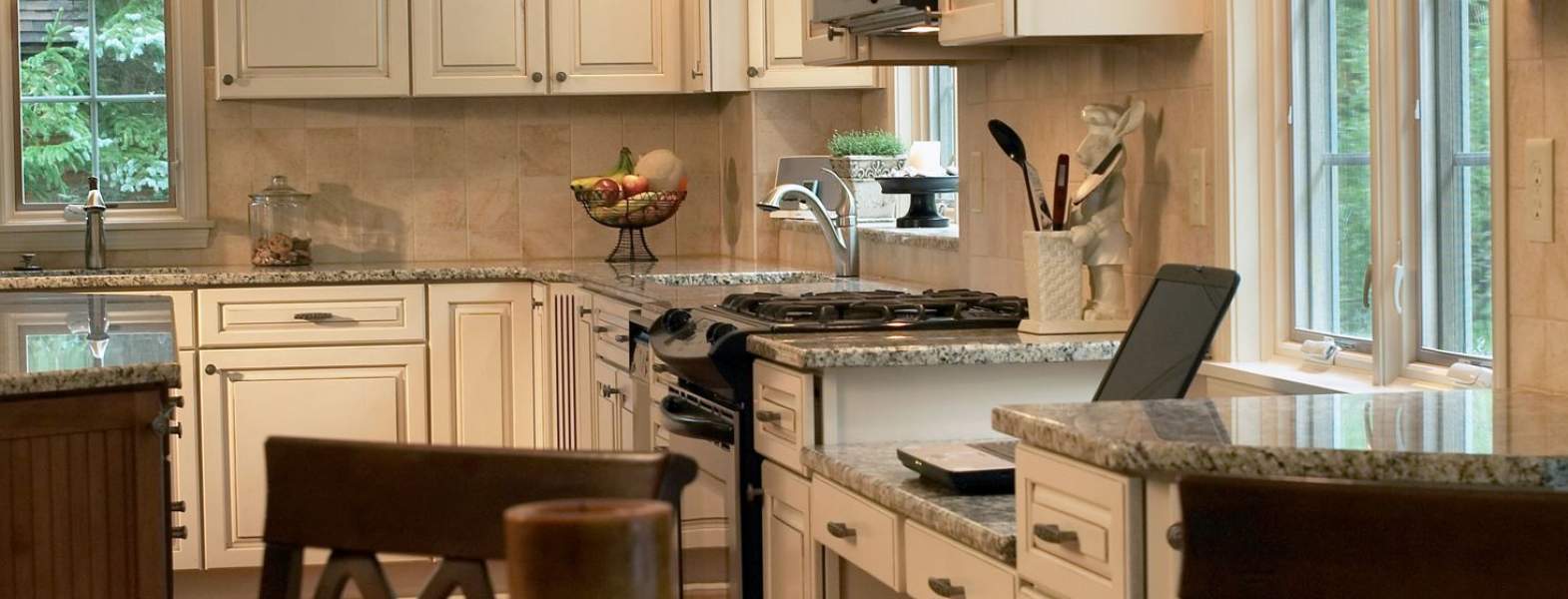If you are like most people, your home is the single largest investment you will ever make. With so much at stake, it’s no wonder there is a lot of anxiety associated with the home renovation process. On the positive side, a successful project is not only functional and aesthetically pleasing, but financially rewarding as well. There is often a lucrative return on investment depending upon the type and size of project completed.
Home remodeling can make your home more livable, comfortable and valuable. Planning is the key to making any remodeling experience a success. Dedicate some time to thinking about your objectives and vision for the project. Before you take any action, consider the following:
Identify Your Needs
-
Why are you renovating?
- What do you want to accomplish?
- Are your family needs changing?
- Does your older home need a facelift?
- Do you intend to sell in the near future?
-
How much of a remodel do you want to do?
- Does the area need to be redesigned?
- Are you looking to refresh an already functional space?
-
Do you need to add square footage?
-
When would you like the project to be done?
- Are you flexible, or do you need to meet a certain deadline?
-
Will you be sharing project decisions with a partner?
- If so, do you agree on priorities and budget?
Make a Wish List
For your wish list, write down details you would like to include in the renovation. Don’t worry about the budget at this point. Include items like furniture, appliances, fixtures and accessories that you would like to incorporate into your remodel to suit your style, taste and comfort. (If you’re unsure where to begin, we recommend visiting Houzz.com).
Defining your wish list is important because it will provide reference points for success as the planning progresses. If you have a lengthy list, see if you can prioritize some items: What are your absolute must-haves? What would be nice to have if possible?
Selecting Your Contractor
Insist that your contractor is licensed, fully insured, and has a solid reputation in the field. Select a contractor with whom you can communicate openly and consistently. Always ask for references, and read online reviews. Ask if they will use building permits and if their work will be inspected by licensed inspectors for code requirements. This is for your protection. Also discuss billing, schedules and how the contractor will minimize the impact of construction on your household.
All projects, no matter the size, require the same steps and considerations. The larger ones just require more of them. When you hire a qualified contractor, you will protect yourself and your investment by having it done right the first time.
Ultimately, you are inviting this construction team into your home. They should be a good fit, having earned your confidence and trust.
